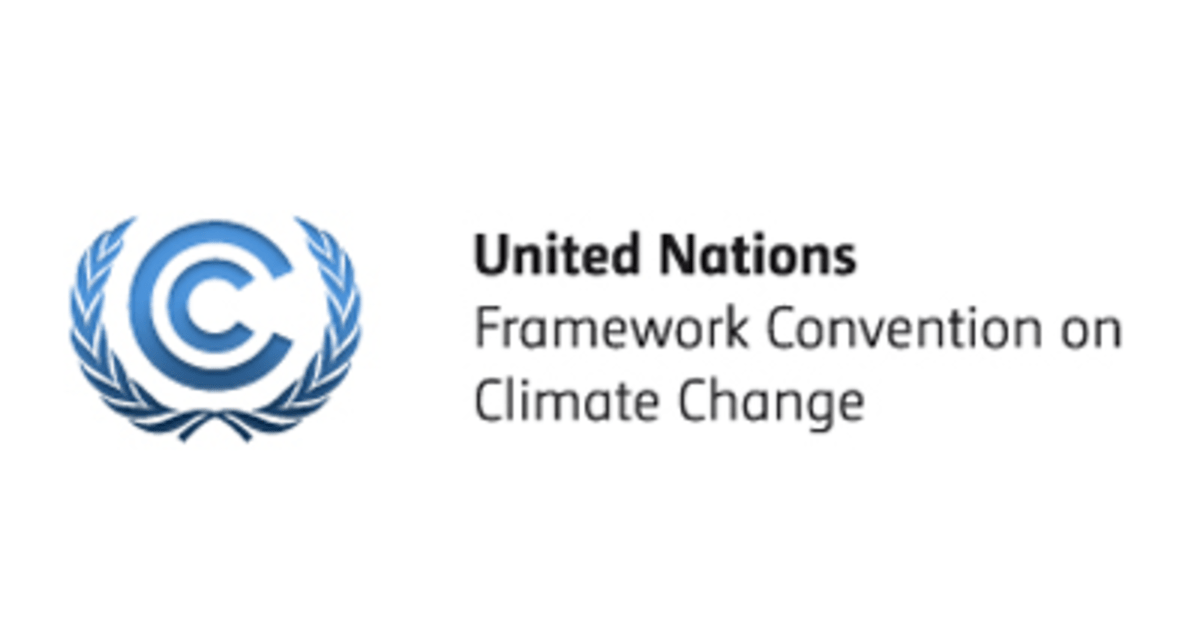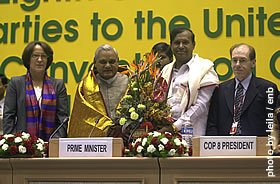COP 6: The 6th Conference of the Parties to the UNFCCC
COP 6 refers to the 6th Conference of the Parties to the United Nations Framework Convention on Climate Change (UNFCCC). It took place in The Hague, Netherlands, in November 2000.
The conference was significant as it aimed to finalize many of the operational details of the Kyoto Protocol. However, it’s famously remembered for the disagreements and failure to reach a conclusive deal.
Key Highlights of COP 6:
Points of Contention:
- The use of carbon sinks (e.g., forests) by developed countries to meet a part of their emission reduction targets.
- The financial mechanisms to support climate actions in developing countries.
- The rules and modalities for the Kyoto mechanisms, including the Clean Development Mechanism (CDM), Joint Implementation (JI), and emissions trading.
- The issue of compliance, i.e., how to ensure and enforce the adherence of countries to their commitments under the Kyoto Protocol.
Breakdown of Talks:
The negotiations at COP 6 collapsed without a conclusive deal. The disagreements were so profound that the conference was suspended without finalizing the rules for implementing the Kyoto Protocol.
Resumption:
Due to the inability to reach a consensus, it was decided to resume COP 6 later. This resumed session, often referred to as “COP 6 bis,” took place in Bonn, Germany, in July 2001. Here, many of the contentious issues were resolved, although the United States, under the Bush administration, had announced a few months prior



